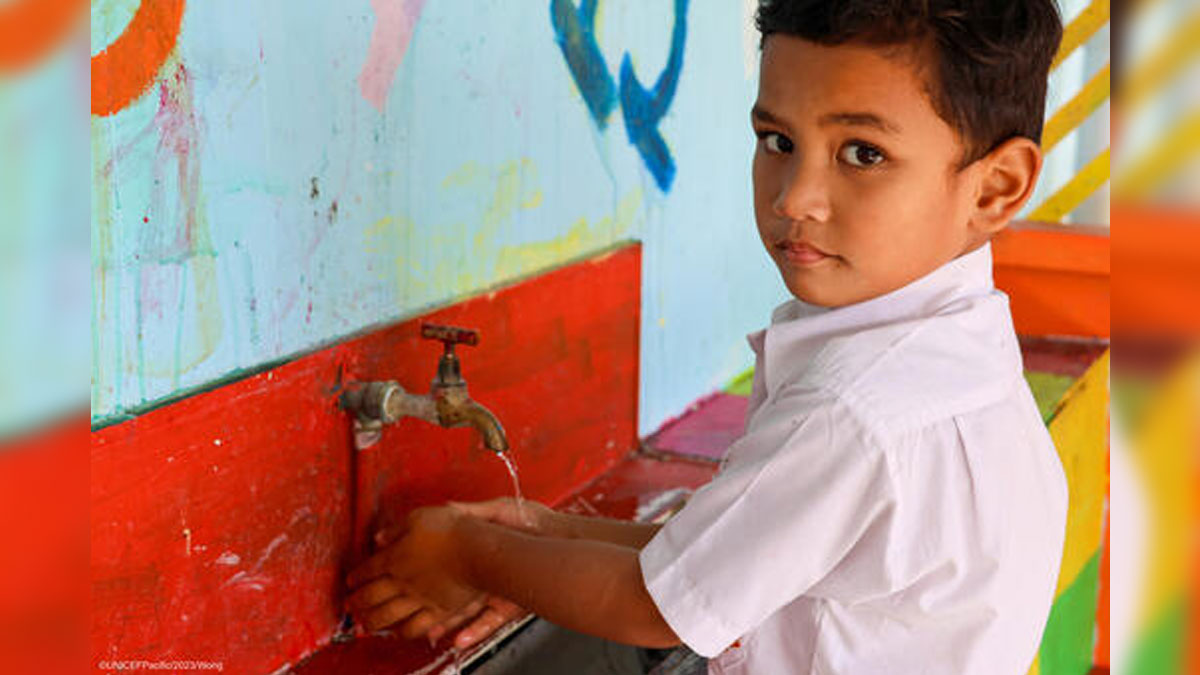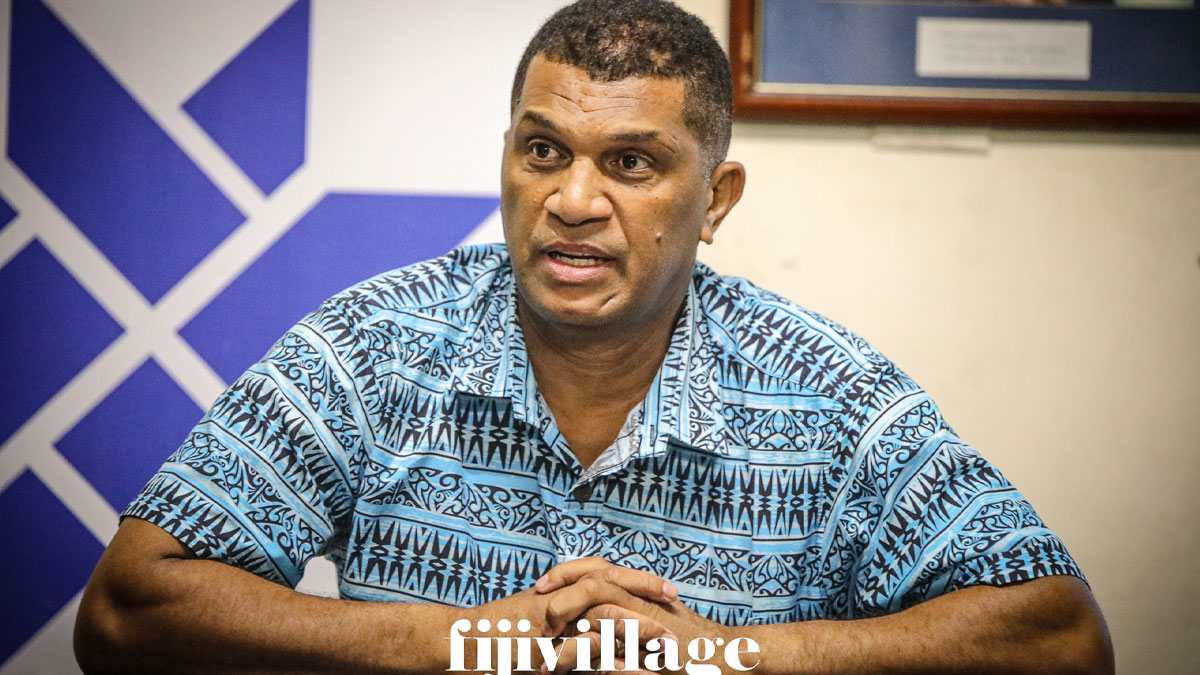
Too many children are facing a future where they will not have a toilet to use or safe water to drink.
UNICEF Pacific Deputy Representative, Roshni Basu stated this adding that the UNICEF report Financing Water, Sanitation and Hygiene in the Pacific finds that basic sanitation services across 14 Pacific Island Countries are expanding at just one-eighth the rate required to reach Sustainable Development Goal (SDG) 6.
Basu says this report must not be taken lightly.
She further says funding levels for water and sanitation in the Pacific must increase considerably if children are to have universal access by 2030 according to a new UNICEF report.
The UNICEF representative further says access to clean water and safe sanitation is the cornerstone of a child’s well-being and development and we must work together to change the picture.
She says according to the report, approximately US$230-$270 million is spent on WASH each year across the region and this equates to US$90-$110 per person per year on average, or US$55-$80 when Fiji is excluded.
Basu says while per capita funding may appear high by global standards, the vastness of the Pacific and the isolation from the rest of the world drive the cost of development and maintenance of sustainable WASH infrastructure up much higher than the global average.
She says for instance, two countries that were identified to have the greatest access to at least basic services in 2011 have since received the highest levels of donor funding for WASH per capita.
Chief of WASH, Kencho Namgyal says the remoteness of Pacific Island countries compounded with the risks of climate change is putting stress on the availability and quality of WASH services.
Namgyal further says the climate crisis exacerbates the risk to WASH and creates the need for additional funding to ensure WASH services are resilient to climate risk.
The chief of WASH says the report also shows that across the 14 countries, 50 – 55 percent of funding comes from local government resources, while 20 – 25 percent comes from donors.
He further says when Fiji is excluded, government contributions were lower, at 10 – 25 percent, while donors contributed 45 – 55 percent and households contributed 35 – 45 percent of the WASH spending.
Namgyal says for example, current trends have shown that only 11 percent of the funding commitments for climate change adaptation have been dedicated to WASH activities, a stark difference from the global ratio of 37 percent.
He further says with the current investment trends, universal access to at least basic sanitation will not be achieved until the next century, whereas universal access to at least basic water services will never be achieved if coverage levels continue to regress.
The chief of WASH says UNICEF Pacific is concerned with the findings of the report and urges partners to prioritize investment to ensure every child has access to high quality and climate resilient WASH infrastructure in their community.
Stay tuned for the latest news on our radio stations


